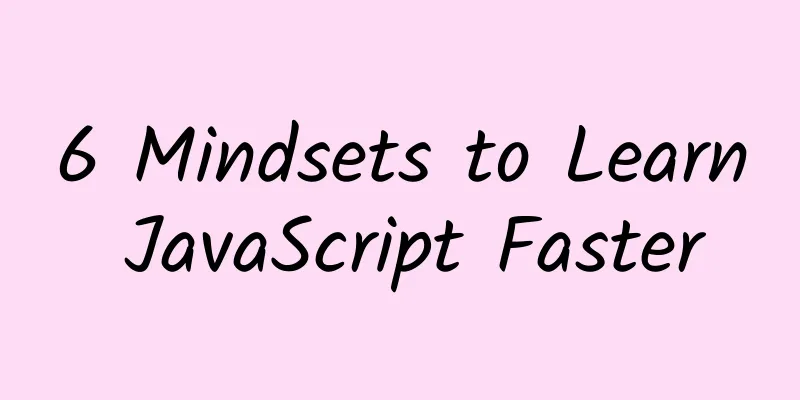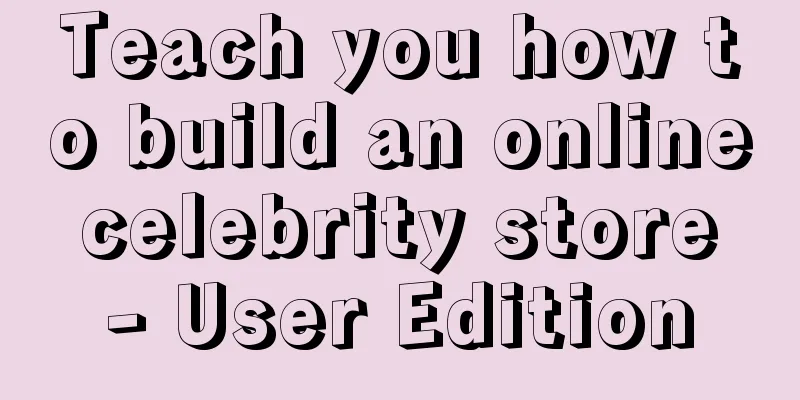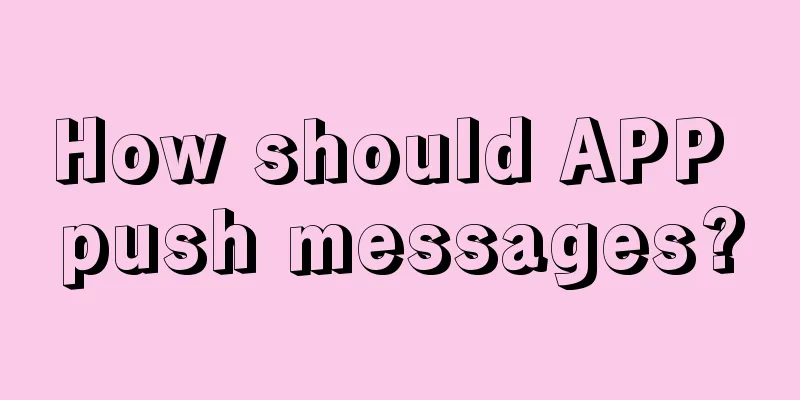6 Mindsets to Learn JavaScript Faster

|
When we learn JavaScript, or any other coding skill, we often hesitate because of these obstacles:
Fortunately, these roadblocks can be identified and eliminated. In this article, I'll introduce six mindset tricks to help you learn JavaScript faster and become a happier, more productive programmer. 1. Don’t let future decisions stop you from moving forward now The first question many people ask when learning JavaScript is “Which framework should I use?” However, if you haven’t mastered the basics of JavaScript, this is obviously the wrong question. You spend all your time researching different frameworks, and then you start to stagnate. One way to help get out of this trap is to draw a roadmap of what you need to learn. For example, to become a front-end developer, your roadmap might look like this: To break it down further, you could make a functional web page with just HTML and CSS. Then by listing each step like this, it's clear what you should focus on now. You won't waste time worrying about things that you should worry about later. If you find this kind of road map useful, you can read my previous article "Learning Road Map for Becoming a Front-End Developer", which is very detailed. (Note: For the route of learning JavaScript, you can also refer to the article "8 Mind Maps for Learning JavaScript") 2. Don’t let confidence trick you into forgetting things Understanding a concept quickly is probably one of the most important things that can affect your progress in learning JavaScript. Let me explain. When you read something and you think it’s true, you’ll probably just skip to the next thing. Then you think the next thing is also very easy to understand, so you keep reading. But soon, you realize that you have forgotten the previous content you thought you had mastered, so you have to go back and review it. You quickly skim it, feel that you understand it again, and move on. But you find that you have forgotten something else. You keep on in this cycle until you finally lose yourself. You can’t help but get discouraged and think about taking a break, but when you come back after the break, you find that you have forgotten everything. Solving this problem is also very simple, only two steps are needed:
When you learn a new concept, be sure to try it out, play around with it, get familiar with it, and even combine it with other concepts. It is also very important to actually output it to sample code, because this helps you digest it. In addition, limiting the amount of learning at one time helps you remember the material. The reason is simple, the less things, the easier it is to remember. Although this learning process may feel like it takes longer, it actually does the opposite because you don’t have to backtrack as much. I learned this the hard way many times. 3. Practice with the right mindset Many people find repetitive exercises boring, so they often skip them or try to take shortcuts. If you fast-forward through JavaScript exercises, you'll end up needing more time to learn. Try making the exercises interesting so they're less intimidating. Try changing your mindset: What would it be like if you were asked to learn a new JavaScript concept but couldn't try it out? How would you feel? Personally, I would be very upset. It would be like a child getting a new toy but not being able to play with it. When you learn something new in JavaScript, try to think of it as a new toy, a new car, a new pair of shoes, or anything else you're interested in trying. And don't treat practice like work; treat practice like play. Try something cool with your new skill. Amaze yourself. And show it off to your friends. With a playful mindset, you’ll learn faster, remember longer, and have more fun. 4. Time magic for writing code The most common problem in learning JavaScript is finding the time to write code. However, at the same time, you have plenty of time to browse various websites such as Facebook, YouTube, Wikipedia, and Reddit. There have been times when I just wanted to open Facebook for a short while, and before I knew it, I had already been watching it for hours. How did this happen? Perhaps it was because I didn't intend to watch it for a long time. Everything is difficult at the beginning, but once you start, it becomes much easier to get stuck in. But if someone asked me if I would spend time on Facebook, I would firmly say no because I don't have enough time. However, it is often easier to accept and then get stuck in it if I only allow myself a short time. The good news is that you can use the same psychology to learn to code. Don't start by thinking you're going to code for hours, because you'll never find the time. Just tell yourself you're going to code for 3 minutes. That way you'll never have to worry about finding the time. 5. Think slower, learn faster This may sound counterintuitive, but I'll explain it with a little story. A friend of mine was confused about a feature in JavaScript. So I asked him to go through what he knew and then explain the part he was confused about. However, when he was reviewing the code snippets, I noticed that there was a section of code that he spoke very hastily. "Wait a minute!" I said, "Speak slowly and explain each step in detail." My friend proceeded to give me a comprehensive summary of what was happening in the code. I had to stop him again. "You're still too hasty. Try again, but this time, I want you to literally go through each line of code and tell what's going on in each line of code." This time, my friend was finally able to explain what was happening in the code. The key point was that he was finally able to examine the code snippets step by step, instead of swallowing it all at once and trying to understand it all at once. In situations like this, thinking slower can actually help you learn faster. 6. Write complex code in concise language first If you come across a complex or unfamiliar code, write it out in plain language first. This way, you know exactly what you want the code to do before you write it. This has two benefits:
in conclusion We’ve discussed a bunch of ways to learn JavaScript faster, and you can apply these tips to other skills, too. Here’s a recap:
So how do you learn? Do you have any good tips? Or do you think this is all bullshit and the only way to learn is to put in 12 hours a day? Whatever it is, feel free to comment. |
<<: Imitation of Meituan city selection interface
>>: What is the difference between pure HTML5 APP and native APP?
Recommend
Novel WeChat mini program development function, how much does it cost to develop a WeChat mini program for reading novels for free?
Novels have become an indispensable part of our li...
What's the matter with Buffett donating $2.9 billion? How does Buffett rank on the 2020 Global Rich List?
On July 8, local time, 89-year-old Warren Buffett...
How to make money by creating content? 3 profit models for vertical community operations!
Three profit models of vertical communities: cont...
8 ways to promote on Xiaohongshu, shared with you!
I spent 2 months testing, during which I found tw...
Changba: Four basic ways to attract users: mining, support, output and retention
What are the users of Changba like? There are sli...
Decisive Collection丨Summary of arrangements for the National Day holiday in some Android app markets
The National Day and Mid-Autumn Festival are appr...
A year-round activity planning plan for a million-level traffic APP
I have produced four complete monthly activity pl...
Is it true that Chen Linchun will be the chief director of the 2021 Spring Festival Gala? Who is the chief director of the 2021 Spring Festival Gala?
Is it true that Chen Linchun will be the chief di...
Baidu SEM Bidder Practical Super God Guide Course
Learn to master: platform operation, account buil...
Microsoft's immortal dream of mobile phones
[[337819]] The long-awaited Surface Duo, Microso...
Tips for cold starting a Kuaishou account!
It is not easy to stand out among the 15 million ...
Xiaomi search ads financial industry keyword optimization tips!
I add words to my account every day, why isn’t th...
Hongzhi Miaoyi Gold Product Battle Method Box Gold Product Breakthrough Capture Dragon and Catch Monster 15 Video
Hongzhi Miaoyi Gold Product Battle Method Box Gol...
What are the salary and benefits of Yinchuan SEM? What are the development prospects?
Internet marketing is divided into SEO, SEM optim...
Designing an APP from scratch: Android design specifications
The article series "Designing an App from Sc...









